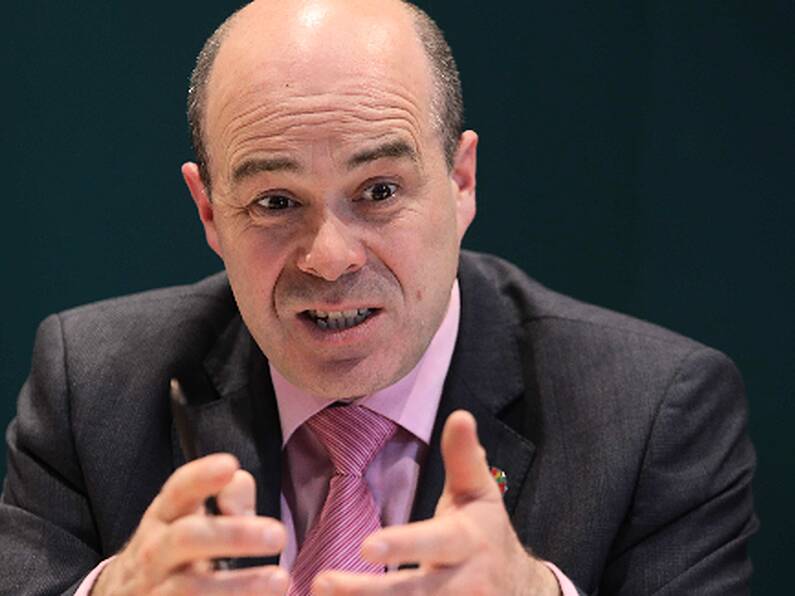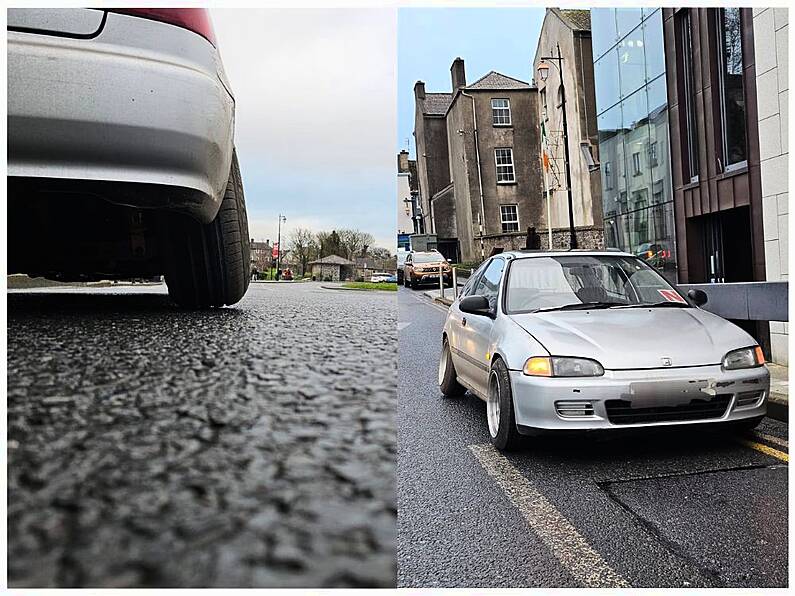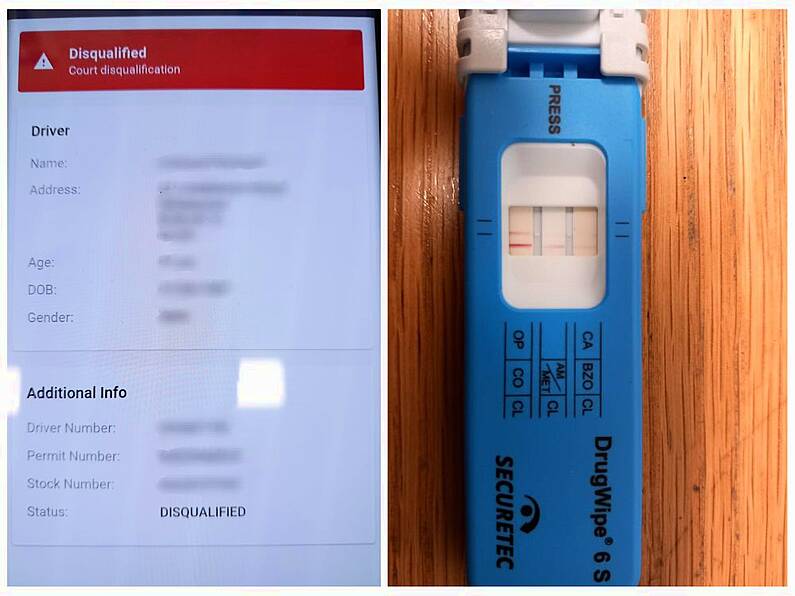The author of the Denis Naughten broadband report has admitted the ex-minister's multiple meetings with bidder David McCourt broke the rules "in the strictest sense" - but has denied any wrongdoing took place.
Peter Smyth also said he never met Mr Naughten or Mr McCourt during his investigation and did not ask them for sworn statements on what their multiple meetings involved.
Speaking during an emergency Oireachtas communications committee meeting in response to the publication of the Government-backed report last week, Mr Smyth repeatedly said the broadband plan has not been damaged.
However, under questioning from politicians over his disputed Government-backed report which stretches to just 19 pages with 31 pages of appendices, Mr Smyth admitted to gaps in his inquiries.
Asked by Fianna Fáil's communications spokesperson Timmy Dooley how he can say nothing incorrect happened when the Department's own protocols says a tender bidder cannot meet privately with the minister, Mr Smyth initially said both Mr Naughten and Mr McCourt insisted broadband was not discussed.
However, pressed by Mr Dooley on whether it was appropriate for Mr Naughten to have met Mr McCourt alone and without minutes of those meetings being taken, Mr Smyth said it would have been "preferable" if Mr Naughten had not done so.
Asked by Mr Dooley if this is "an obvious breach of the rules" around canvassing, which according to the Department's protocols should have seen Mr McCourt removed from the bidding process, Mr Smyth said no.
However, when the TD said the public cannot be expected to believe in "fairy tales", Mr Smyth said: "Do I agree breach of rules in strict sense? Yes. Do I consider it canvassing? No."
Mr Smyth separately defended his conclusions no wrongdoing took place relating to the meetings between Mr Naughten and Mr McCourt by saying his investigation had found the process was not tainted.
However, questioned by Mr Dooley and Independent senator Michael McDowell, Mr Smyth admitted he never met Mr Naughten and Mr McCourt, only discussed the issues with them by phone, text and e-mail, and did not seek sworn statements from them on the details of the private un-minuted meetings at the centre of the controversy.
When Mr McDowell asked him if it would have been more beneficial to meet the individuals in person and to have sought sworn statements before questioning them, Mr Smyth said no, before adding:
"I don't think there would have been any advantage, because if they wanted to fabricate evidence they could have fabricated evidence."
Mr Smyth was told by a number of communications committee members of their concerns with the information provided.
Green party leader Eamon Ryan said private meetings with a bidder should have set off "alarm bells", Mr Dooley said tender canvassing can take place in an "overt or very subtle way" while Sinn Féin TD Brian Stanley asked if Mr Smyth believes Mr Naughten and Mr McCourt were "talking about the weather" in private meetings.
However, the author of the Government-backed report which said the scandal has not tainted the multi-billion euro broadband plan insisted he stands by his conclusions.
At an earlier meeting of the Dáil's public accounts committee, Department of Communications secretary general Mark Griffin said the broadband plan has cost €22m to date but did not give a breakdown of the exact reasons for the expense.






